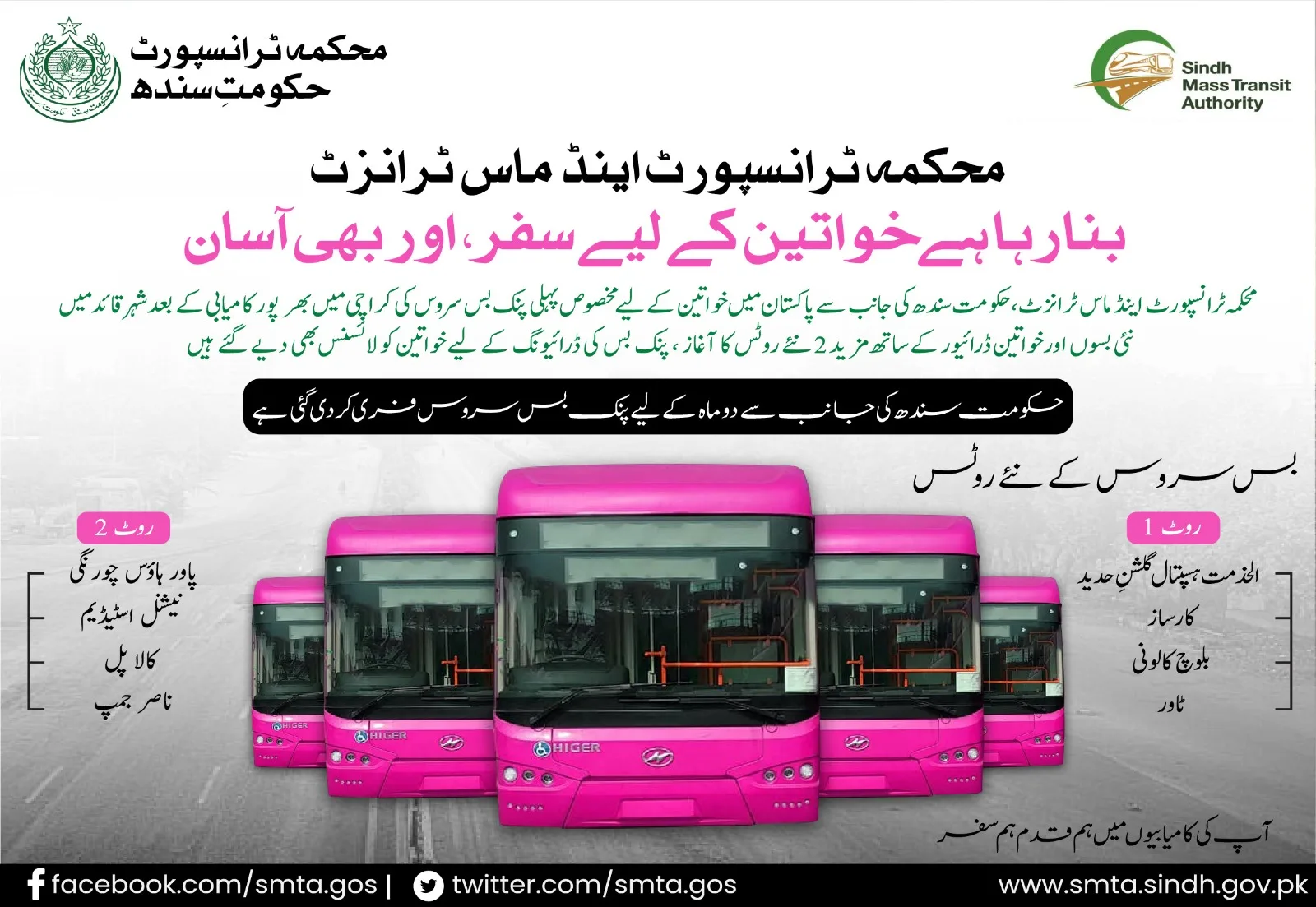Will 2022 be the year of FinTech’s in Pakistan?

Image Credit: Global Village Space
In the advent of the COVID pandemic which has led to major shortcomings in almost every major industry in Pakistan, one segment has seen an unprecedented level of growth and traction: fintech start-ups. In 2021 alone, local start-ups have seen almost $300m in international funding; eclipsing the total investment in the last 6 years combined.
Several Pakistani start-ups have recently made impressive funding announcements in 2021. During the third quarter of the year Airlift, a quick-commerce start-up, revealed a record $85 Million Series B which was followed by Bazaar’s, business-to-business e-commerce, $30 Million Series A funding round. Additionally, digital freight marketplace BridgeLinx unveiled a $10 Million seed round, which at the time of announcement was the nation’s largest.
Out of all these raises, the most notable is that of Tag, a one-year-old start-up offering banking and financial services to consumers in Pakistan. The fintech company has raised an impressive $12 million making it now the largest seed financing round in Pakistan incentivised by a robust and well-accomplished founding team alongside a promise of disrupting Pakistan’s archaic banking structure.
IMF had to revive a $6BN bailout for Pakistan’s struggling economy
New Delhi-bound SpiceJet aircraft takes off without ATC’s permission
Tag to date has now raised over $17.5 Million, bringing in investors like Liberty City Venture, Addition, Mantis Venture Capital, Canaan Partners to Pakistani shores for the first time with this funding round itself valuing Tag at $100 Million dollars according to TechCrunch.
Talal Ahmad Gondal, the founder of Tag, has said that with Tag he aims to become the Revolut (UK Digital Bank) and Paytm (Digital Payment System) in Pakistan. Using partnerships with the private and public sector, Tag aims to offer salary disbursements with Visa-powered card services all with a roughly three-minute signup process; a massive improvement over the current structure in Pakistan which involves over days of document signing and background checks that dictate any process and transaction at traditional brick and mortar banks. Further developments include a direct business to consumer (B2C) offering including online utility bill payments and top-up to its user; in essence, providing a completely digital banking platform.
This start-up revolution is not solely based in Pakistan. Start-ups are finally having their day in the entire South Asian market in general. Each country has a start-up ecosystem, which goes through a series of waves. In India e-commerce firms like Flipkart rose during the first and later start-ups like Ola, Swiggy and FinTech firms like Paytm followed in the waves after. Similar trends have been observed in the South-East Asian and European markets.
Canadian Court Orders Seizure of Air India Assets from IATA
KLM aircraft rejected takeoff due to door indication
Within Pakistan, the system has been aided by structural reform and incentives provided through state institutions and directions. The SBP (State Bank of Pakistan) has been aggressively promoting a digital transformation of Pakistan’s financial services sector, under its current leadership of Governor Reza Baqir.
The Central bank has introduced several digital initiatives for financial services firms with the introduction of EMI (Electronic Money Institution) Licence, a less restrictive barrier to entry that previously required a banking licence that was expensive and difficult to obtain. SBP has also introduced ‘Raast’ which is a secure and efficient instant payment digital infrastructure for private companies to attach their front-end platforms with. This platform will significantly reduce transaction costs and level the playing field for all financial services firms when it is fully rolled out in phases by 2022.
Fuelled by the digitalisation push by the SBP, another start-up has promised to disrupt traditional financial systems in Pakistan: SadaPay. The company is currently in its pilot phase and has already amassed 200,000 consumers on its waiting list. The company is collaborating with MasterCard and has already managed to secure funding of $7.2 million USD in Quarter one of 2021 led by Recharge Capital, a New York-based Investment firm to a total of $9.3m secured since its founding. What does it do?
This phenomenon of digital payment and wallet start-ups is not a usual predicament but in essence, the next step of the journey invigorated by Easy Paisa. EasyPaisa, the Telenor and Ant Group-owned fintech, was the country’s first and largest digital payment provider. MCB Bank is currently exploring the possibility of acquiring a majority stake of 55% in the company subject to SBP approval. EasyPaisa paved the way for peer-to-peer payment in the country initially through an agent-based transaction method.
France Places the United States onto its Travel Red List
SereneAir Pilots Get Drunk in Istanbul, Passports Confiscated
This format of the transaction has now seen a shift from over-the-counter transactions to a mobile wallet platform, providing consumers with affordable and secure payment opportunities. Firms like Tag and SadaPay are simply just the second step of the evolution of Pakistan from a cash-based economy to one utilising contactless payments and transactions. It is for this very reason that 40% of start-up firms securing funding focused on payments (18/45) followed by lending and insurance.
Now that the State Bank has introduced its comprehensive ‘Customers’ Digital Onboarding Framework’ to facilitate account opening for resident Pakistanis through digital channels for a convenient and remote process. The digital financial landscape for Pakistan is on the pivoting point, with the framework advised to be implemented by 31st December 2021.
Stay tuned to Baaghi TV for latest news and updates!












